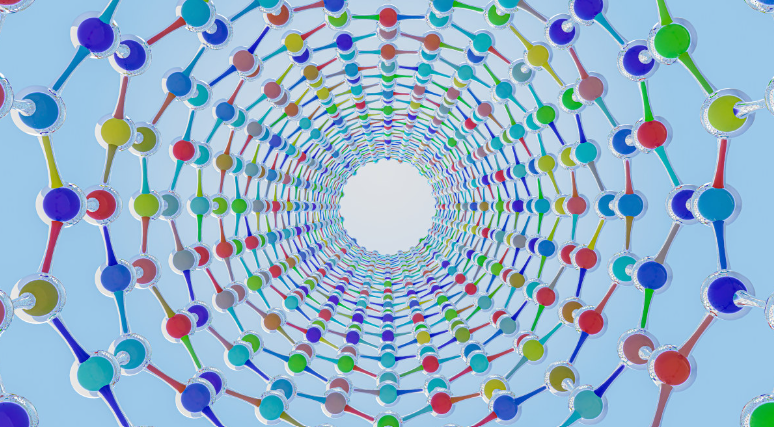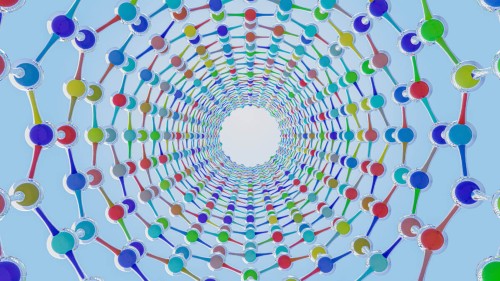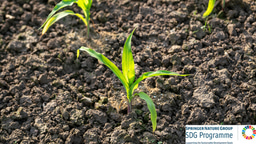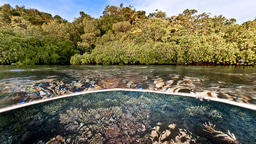Call for papers: Nanomaterials for Photodynamic Therapy Collection
Published in Materials

Explore the Research

Nanomaterials for Photodynamic Therapy
This Collection seeks original research across the field of nanomaterials for PDT.
Collection Overview
Scientific Reports has launched a Guest-Edited Collection on Nanomaterial for Photodynamic Therapy.
Photodynamic therapy (PDT) is a light-activated therapy modality that leverages photosensitizers to generate reactive oxygen species, leading to apoptosis of cells or disruption of bacterial biofilms. Owing to its minimally invasive nature and precise spatiotemporal control, PDT has been widely applied in cancer therapy.
This will be a Collection of original research papers and will be open for submissions from all authors – on the condition that the manuscripts fall within the scope of the Collection and of Scientific Reports more generally. We are welcoming submissions until 26th April 2025.
Why is this Collection important?
"Photodynamic therapy (PDT) is a minimally invasive, light-activated treatment offering precise spatiotemporal control for cancer and antibacterial applications. Advancements in nanomaterials are key to overcoming current challenges such as limited tissue penetration and hypoxia. This collection is exciting as it highlights innovations in photosensitizer design, pharmacokinetics, and hypoxia-resistant PDT. Its impact lies in fostering interdisciplinary collaboration to enhance PDT’s clinical translation. Researchers should submit to this collection to showcase cutting-edge work in nanomaterial-driven PDT and contribute to shaping the next generation of light-based therapeutic strategies."
- Dr. Sathish Sundar Dhilip Kumar, Guest Editor
Why submit to a collection?
Collections like this one help promote high-quality science. They are led by Guest Editors, who are experts in their fields, and In-House Editors and are supported by a dedicated team of Commissioning Editors and Managing Editors at Springer Nature. Collection manuscripts typically see higher citations, downloads, and Altmetric scores and provide a one-stop-shop on a cutting-edge topic of interest.
Who is involved?
Guest Editors:
- Sathish Sundar Dhilip Kumar, University of Johannesburg, South Africa
- Jue Ling, Nantong University, China
- Soumyaditya Mula, Bhabha Atomic Research Centre, India
Internal Team:
- In-House Editor: Junxia Wang, Scientific Reports, UK
- Commissioning Editor: Charlotte Ben Romdhane, Fully OA Brands, Springer Nature, UK
- Managing Editor: Ioanna Pitsidianaki, Fully OA Brands, Springer Nature, UK
How can I submit my paper?
Visit the Collection page for more information on the Collection, and how to submit your article.
Follow the Topic
-
Scientific Reports

An open access journal publishing original research from across all areas of the natural sciences, psychology, medicine and engineering.
-
A Collection of original research articles on the use of nanomaterials for PDT, with a particular emphasis on improved pharmacokinetics, deep-red or near-infrared responsive photosensitizers, hypoxia-resistant PDT, and antibacterial strategies.
Related Collections
With Collections, you can get published faster and increase your visibility.
Obesity
Publishing Model: Hybrid
Deadline: Apr 24, 2026
Reproductive Health
Publishing Model: Hybrid
Deadline: Mar 30, 2026





Please sign in or register for FREE
If you are a registered user on Research Communities by Springer Nature, please sign in